Thanksgiving is the number one day for home cooking fires across America, according to the National Fire Protection Association, with Texas taking the lead for the highest number of fires occurring on the beloved holiday. It’s easy to get sloppy with safety while cooking for such a large group of people; there are simply too many things to worry about in order to get your feast just right. But safety should never be forsaken. Ensuring the safety of your kitchen just makes the pumpkin pie that much sweeter.
Use Cooking Appliances Properly
The leading cause of kitchen fires is unattended cooking. Stay in the kitchen at all times when frying, grilling or broiling food. For simmering, roasting, baking or boiling, feel free to set the table and finish other household chores, but remain at home the whole time. If you find that you are absentminded while cooking, set a timer to alert you when food must be checked.
When cooking, wear clothes that fit snugly. Dangling sleeves can easily catch fire on the stovetop. To that end, keep oven mitts, potholders, wooden utensils, paper products, towels, food packaging and other flammable objects away from the stove as well. Leftover food debris on your stove or in your oven increases the risk of fire, so keep your cooking appliances clean.
Preventing and Treating Burns
Accidentally knocking over a pan full of hot food can cause unpleasant burns, but these scenarios are easy to prevent. Using the back burners whenever possible and turning pan handles away from you reduces the risk of accidental tipping. All cords to countertop appliances, such as a mixer or blender, should be neatly coiled and stored away from the counter’s edge.
Wearing snug long sleeves and closed-toe shoes reduces your skin’s exposure to hot liquids and cooking surfaces. However, protecting your hands is key to your ability to continue preparing for the holiday. Always wear oven mitts or use potholders when moving hot food vessels.
In the event that you do get burned, treat it immediately by submerging your skin in cool water for three to five minutes. If the burn is larger than your fist or looks to be higher than a first degree burn, seek medical help as soon as possible.
If your clothes catch fire, partake in the good ‘ole stop, drop and roll. Stop what you are doing right away, drop to the floor (with your hands covering your face for protection) and roll side to side to put out the fire. Once again, cool any burns with water and seek medical attention if necessary.
Fighting or Fleeing From Fires
If you think you can safely fight a small fire, there are certain techniques you should use. Always keep an oven mitt and non-glass lid nearby for such occasions. If a small grease fire starts in a pan, don the oven mitt and carefully slide the lid over the pan to smother the fire. Immediately turn off the burner and leave the lid in place until the pan is completely cool. Removing the lid prematurely can restart the fire. Remember to never pour water into a grease fire! It can cause burning oil to splash and spread the fire.
If a fire starts in your oven or microwave, leave the door shut and turn the appliance off immediately. Do not open the door until the fire is completely out. If an appliance fire should happen in your kitchen, have the oven and/or microwave inspected by a professional before using again.
If you have any doubt at all about your ability to contain or extinguish a fire, vacate your home right away. Close any doors behind you as you leave to prevent the fire from spreading further. Alert any other people and ensure that they exit as quickly as possible. Grab a phone on your way out so you can call 911 for help.
The Dangers of Turkey Fryers
Turkey fryers are becoming increasingly more popular among Thanksgiving connoisseurs. However, they are the biggest fire hazard one can face on turkey day. These top-heavy fryers have a tendency to tip over, spill hot oil and/or overheat. These appliances should always be used outdoors in a well-ventilated area a distance away from your garage, carport, walls and fences. Never leave a heated turkey fryer unattended.
Start by completely thawing and drying your turkey before cooking. Frozen, cold or even wet birds can produce bubbling oil spills over the pot’s rim and onto the burner, which can catch fire. Cover your bare skin and raise/lower your turkey very slowly to reduce oil splatter.
Keep your propane tank at least two feet upwind from the burner to keep the wind from blowing heat toward the gas. If you notice the oil smoking, turn off the gas supply immediately. In the event of a fire, call 911 and avoid any attempt to put out the fire with water. Keep a fire extinguisher nearby as a safety precaution.
Thanksgiving rolls many people’s favorite foods into one celebratory day. Tack on spending time with friends and family and the recipe for a great holiday is complete. Taking safety measures while preparing your Thanksgiving favorites will ensure a happy, healthy holiday.
To keep up with more articles like this, join our newsletter!
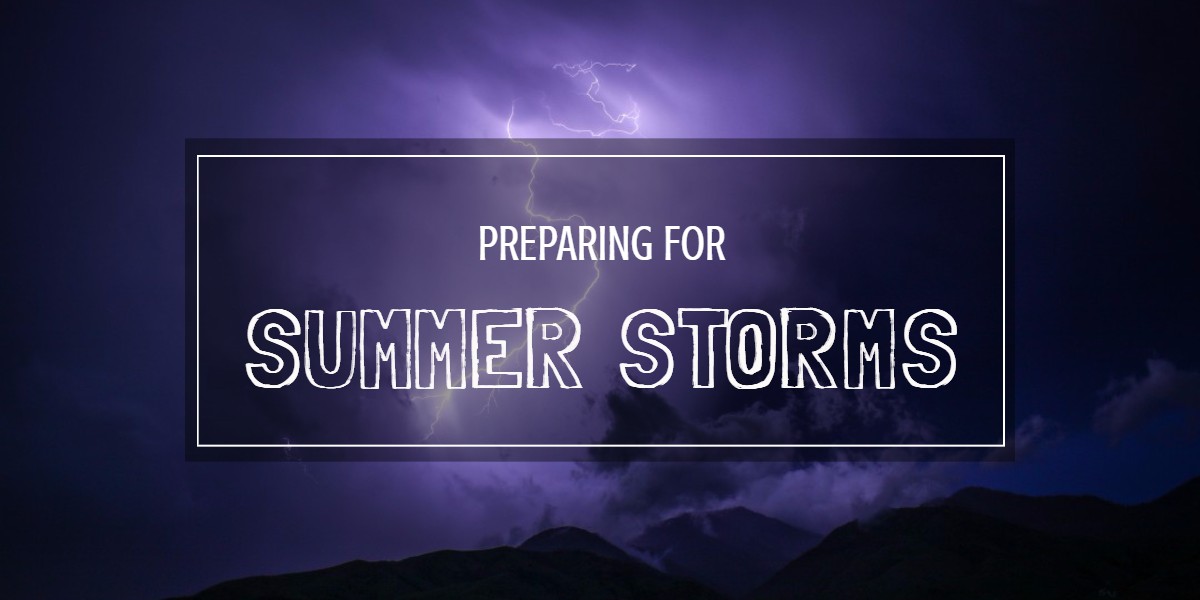


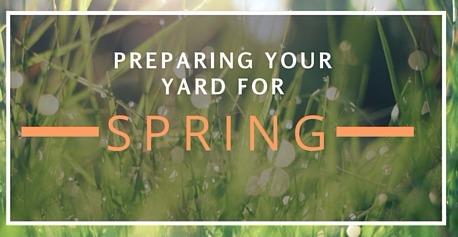

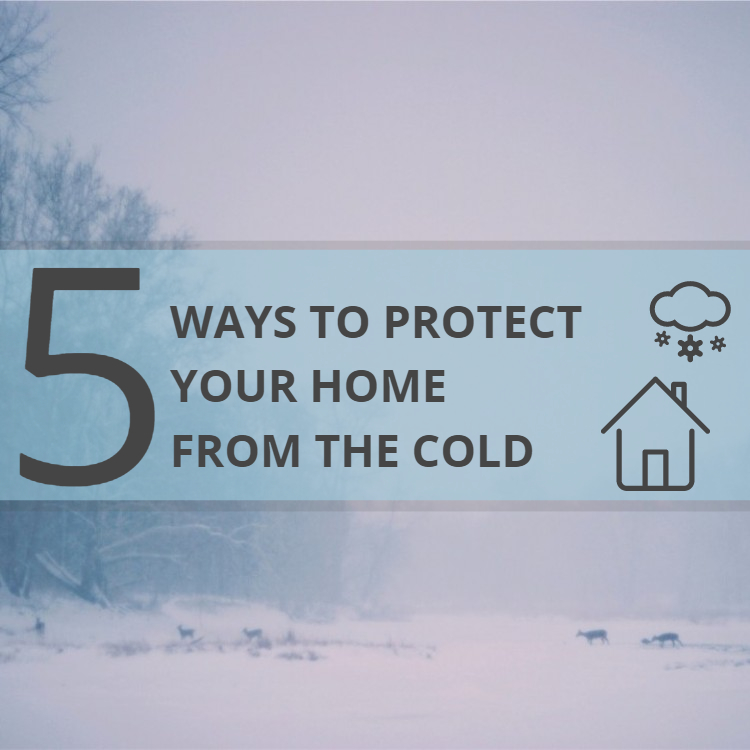 This time of year, our homes are our havens from the cold world outside; but sometimes, if we aren’t properly prepared, the chill of winter can intrude. Following these 5 simple tips can help protect your home during the cold months, give you peace of mind when wintry weather strikes, and even save you money and reduce potential home insurance claims.
This time of year, our homes are our havens from the cold world outside; but sometimes, if we aren’t properly prepared, the chill of winter can intrude. Following these 5 simple tips can help protect your home during the cold months, give you peace of mind when wintry weather strikes, and even save you money and reduce potential home insurance claims.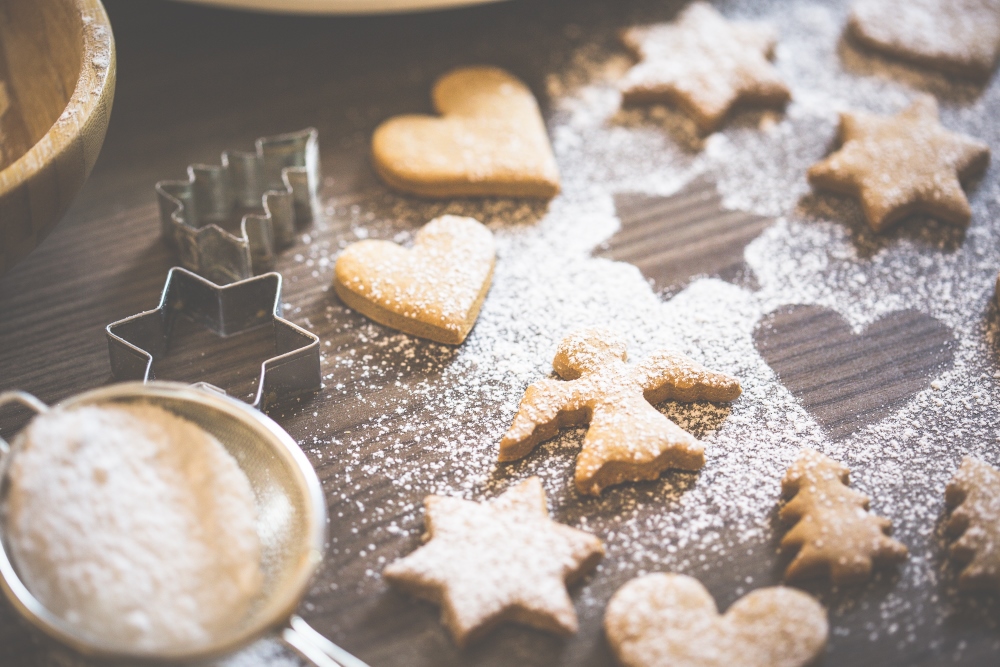
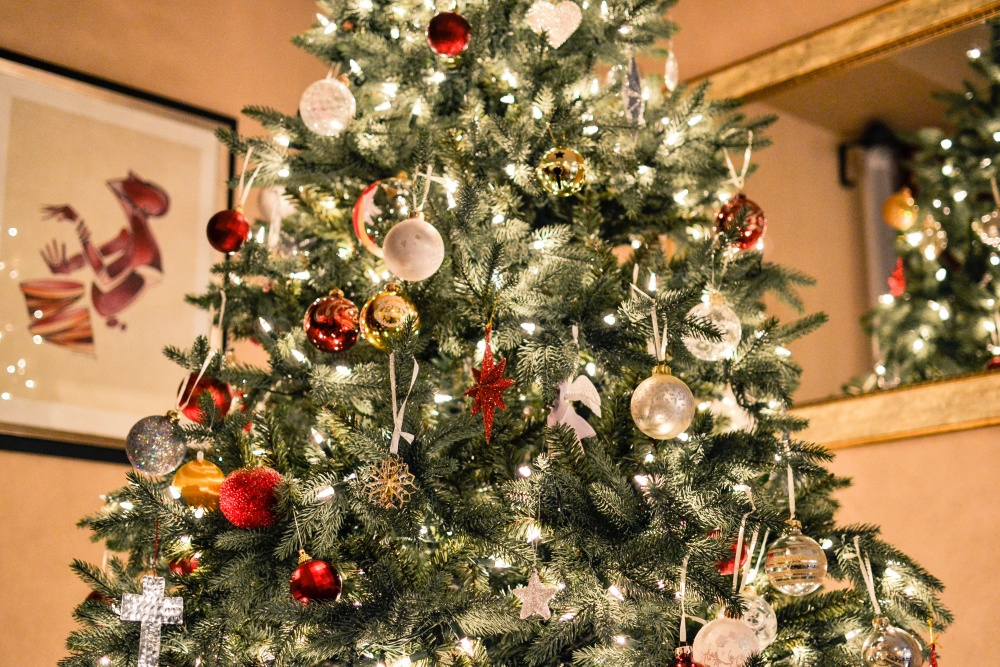
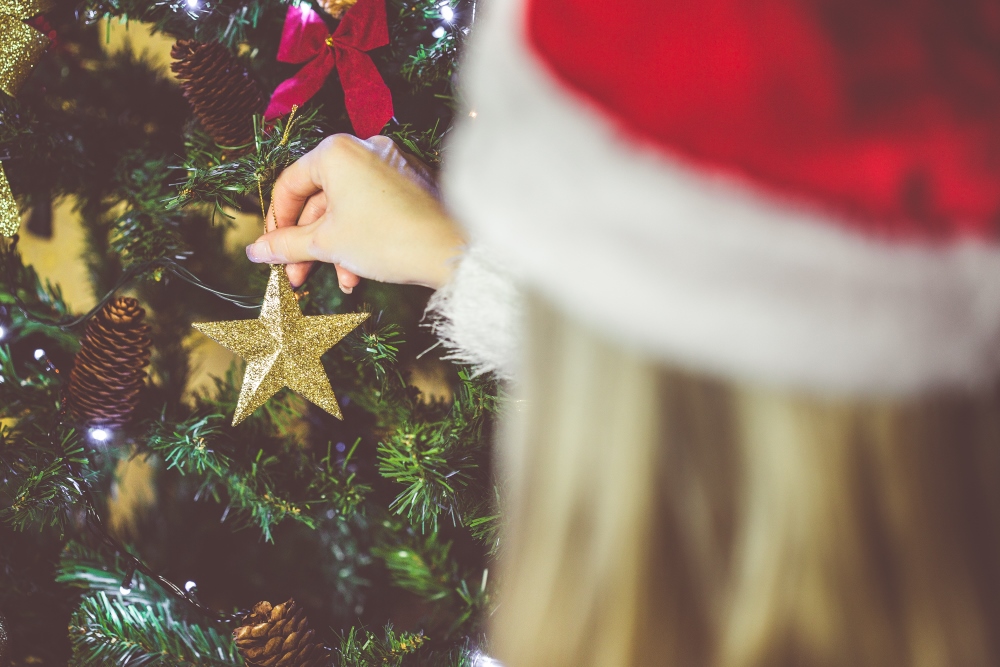
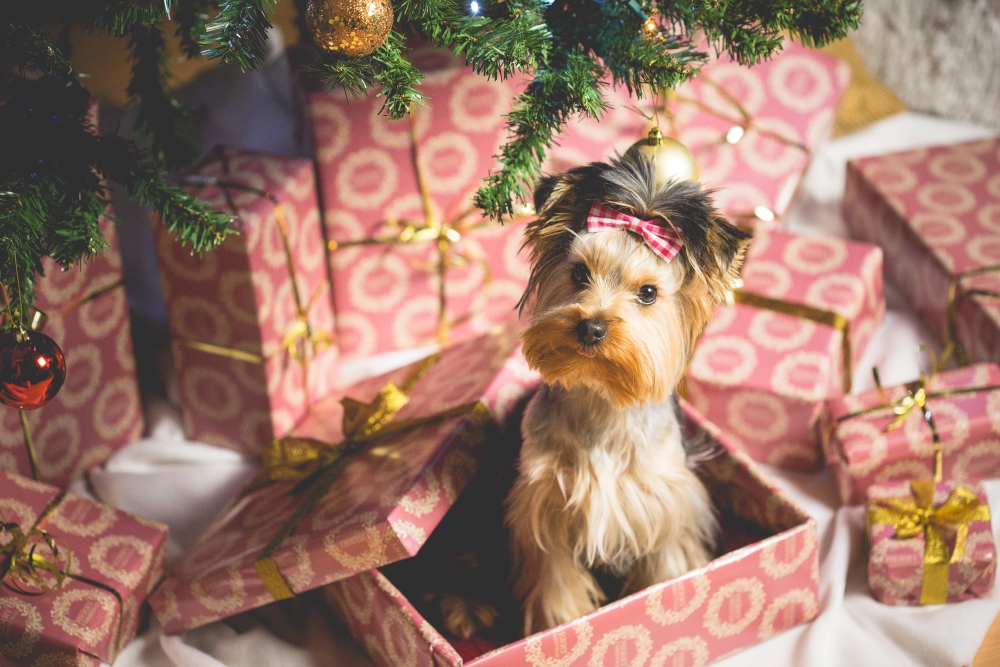 Keep in mind, an over-stimulated, nerve-rattled dog may not take well to kids pulling tails and fur. Even the best behaved family dogs have a limit. Adults should always supervise children around pets to monitor the safety of both the pet and the child. If a dog appears to be annoyed, call it into an empty room for a break from the holiday excitement.
Keep in mind, an over-stimulated, nerve-rattled dog may not take well to kids pulling tails and fur. Even the best behaved family dogs have a limit. Adults should always supervise children around pets to monitor the safety of both the pet and the child. If a dog appears to be annoyed, call it into an empty room for a break from the holiday excitement.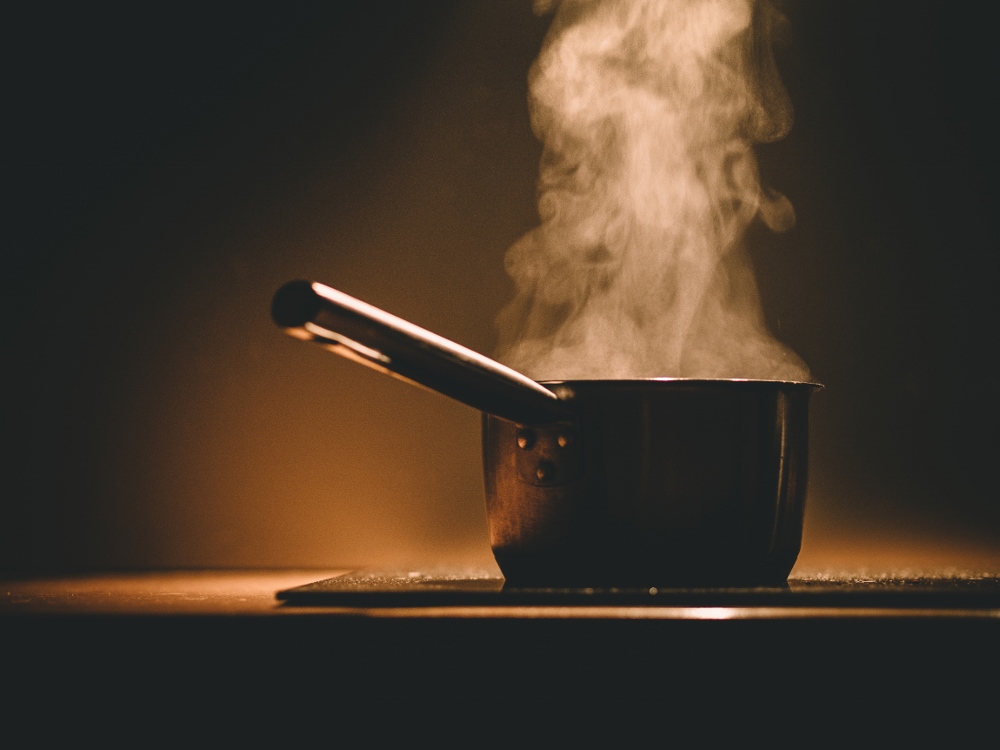 Use Cooking Appliances Properly
Use Cooking Appliances Properly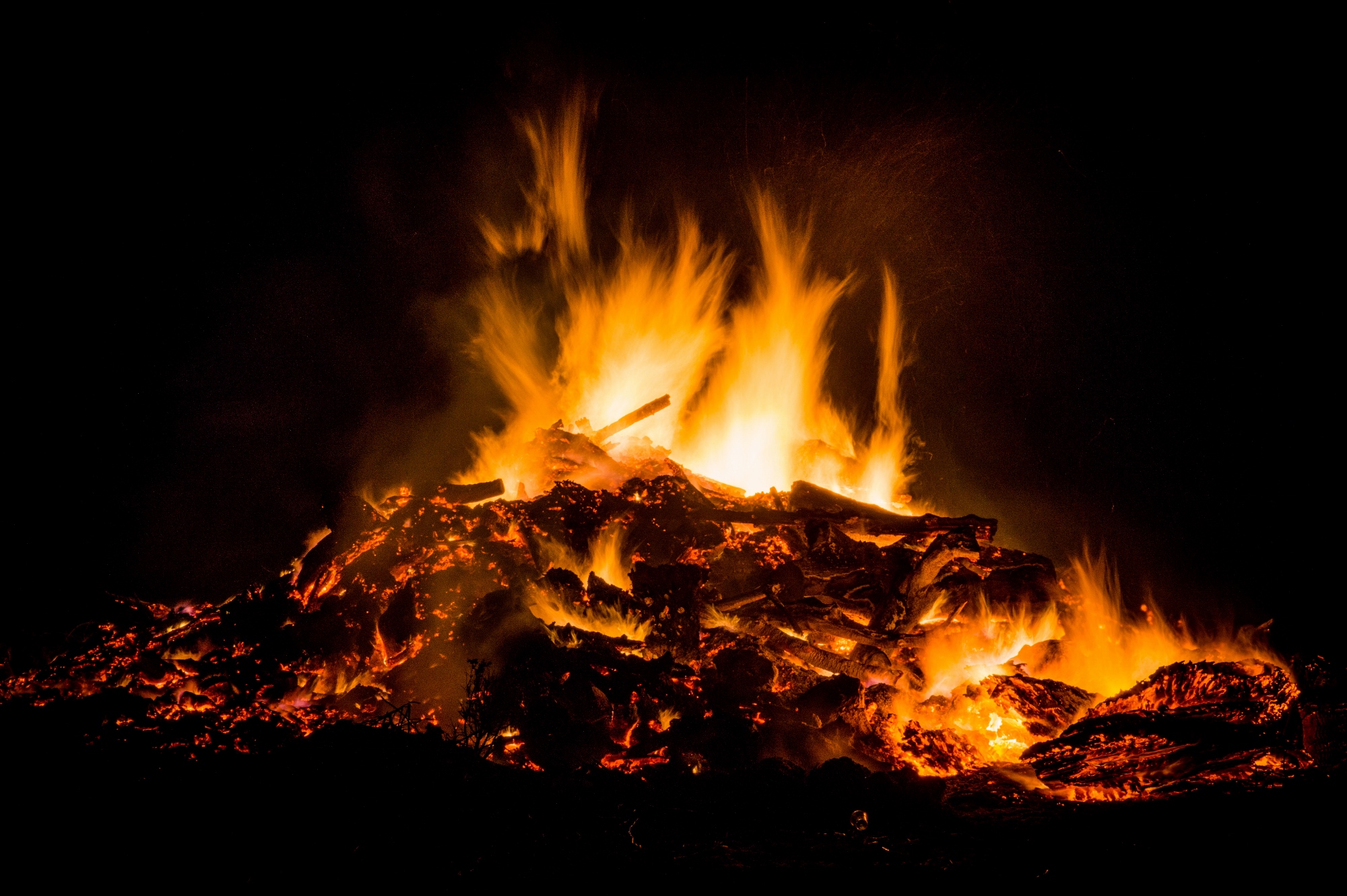 If you think you can safely fight a small fire, there are certain techniques you should use. Always keep an oven mitt and non-glass lid nearby for such occasions. If a small grease fire starts in a pan, don the oven mitt and carefully slide the lid over the pan to smother the fire. Immediately turn off the burner and leave the lid in place until the pan is completely cool. Removing the lid prematurely can restart the fire. Remember to never pour water into a grease fire! It can cause burning oil to splash and spread the fire.
If you think you can safely fight a small fire, there are certain techniques you should use. Always keep an oven mitt and non-glass lid nearby for such occasions. If a small grease fire starts in a pan, don the oven mitt and carefully slide the lid over the pan to smother the fire. Immediately turn off the burner and leave the lid in place until the pan is completely cool. Removing the lid prematurely can restart the fire. Remember to never pour water into a grease fire! It can cause burning oil to splash and spread the fire.
























